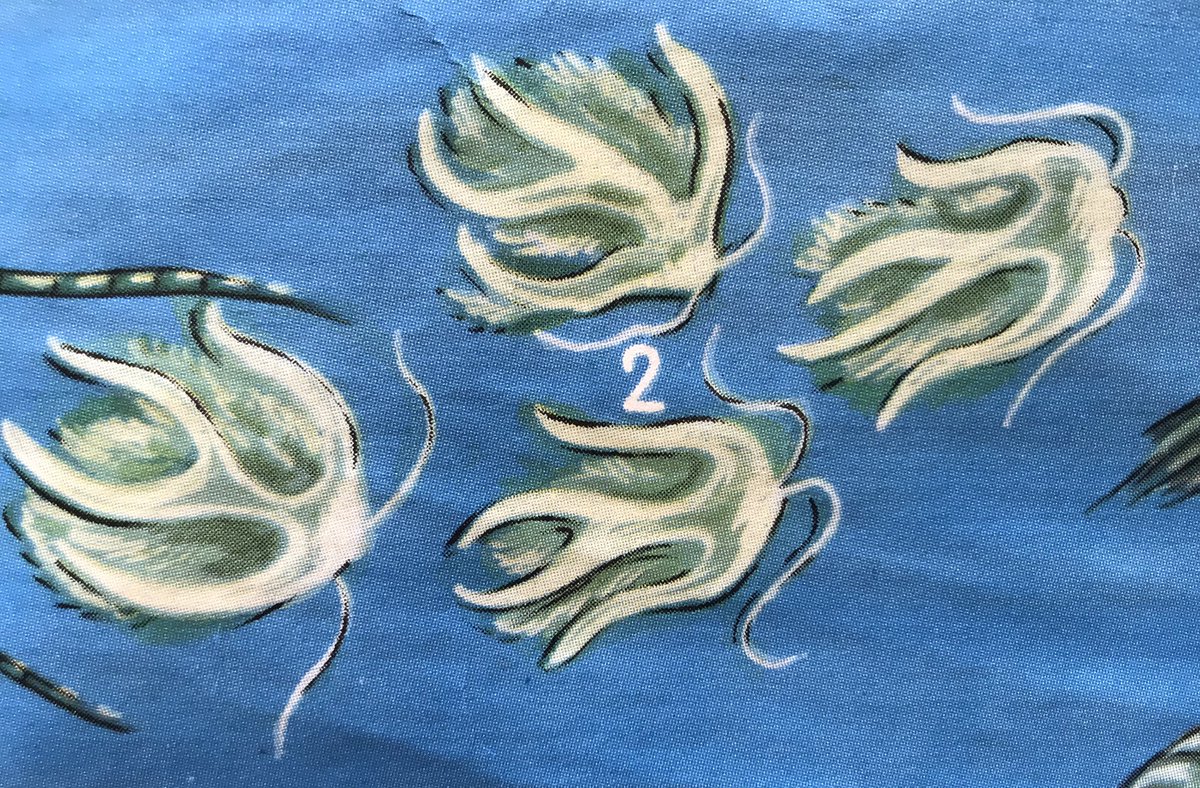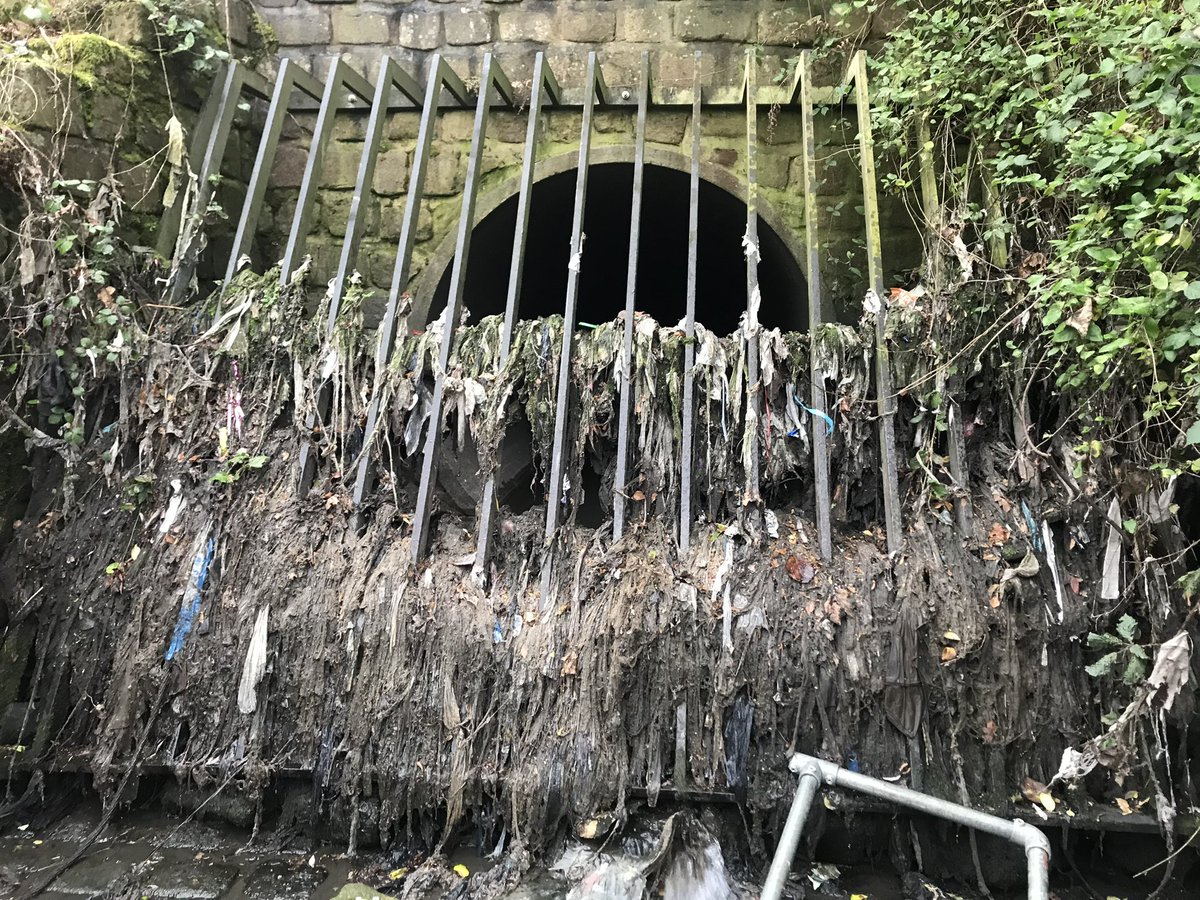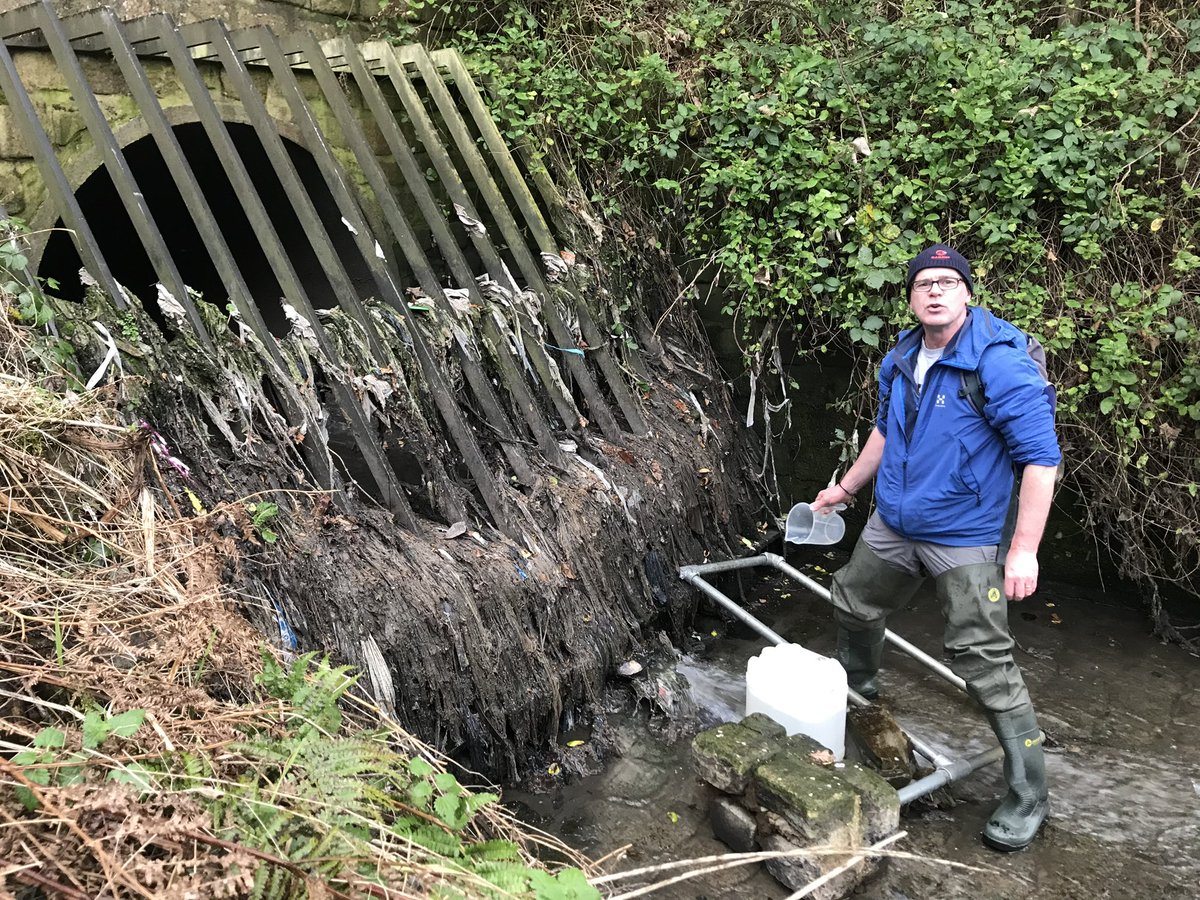I now love German eBay. My lockdown treat - the history of life and landscape. I’ll tweet some details from this wonderful collection of palaeoart. Where to begin? 🌎🦕🌋 

Forget PowerPoint and zoom - this is the future....
Let’s start at the beginning #EarthHistory 







The Precambrian saw the emergence of complex multicellular organisms. It is now an informal term that encompasses all of #EarthHistory from our planet’s formation to the Cambrian Period – some 4.6 billion years and about 88% of geological time. 







The Cambrian Period, first proposed by Adam Sedgwick, saw a great explosion of weird and wonderful complex life forms - the preservation of even soft body parts can be remarkably good despite their great age. Trilobites appear in the Early Cambrian #EarthHistory 🌏 🏴 







The Silurian saw plants and animals emerge on land. Marine biodiversity recovered after the end Ordovician mass extinction. Huge coral reefs developed and fish evolved jaws. Very high CO2. Supercontinent Gondwana dominated the SH. No Ordovician on my chart! #EarthHistory 🌎🐟 







The Devonian saw Earth’s first forests as lycophytes, horsetails and ferns grew to large sizes. The first ammonites appeared in the oceans and cartilaginous fish such as sharks and rays were abundant by the late Devonian. Lots of tectonic activity and Pangaea began to form 🌎 







I really need to finish this thread! 🌍
• • •
Missing some Tweet in this thread? You can try to
force a refresh














